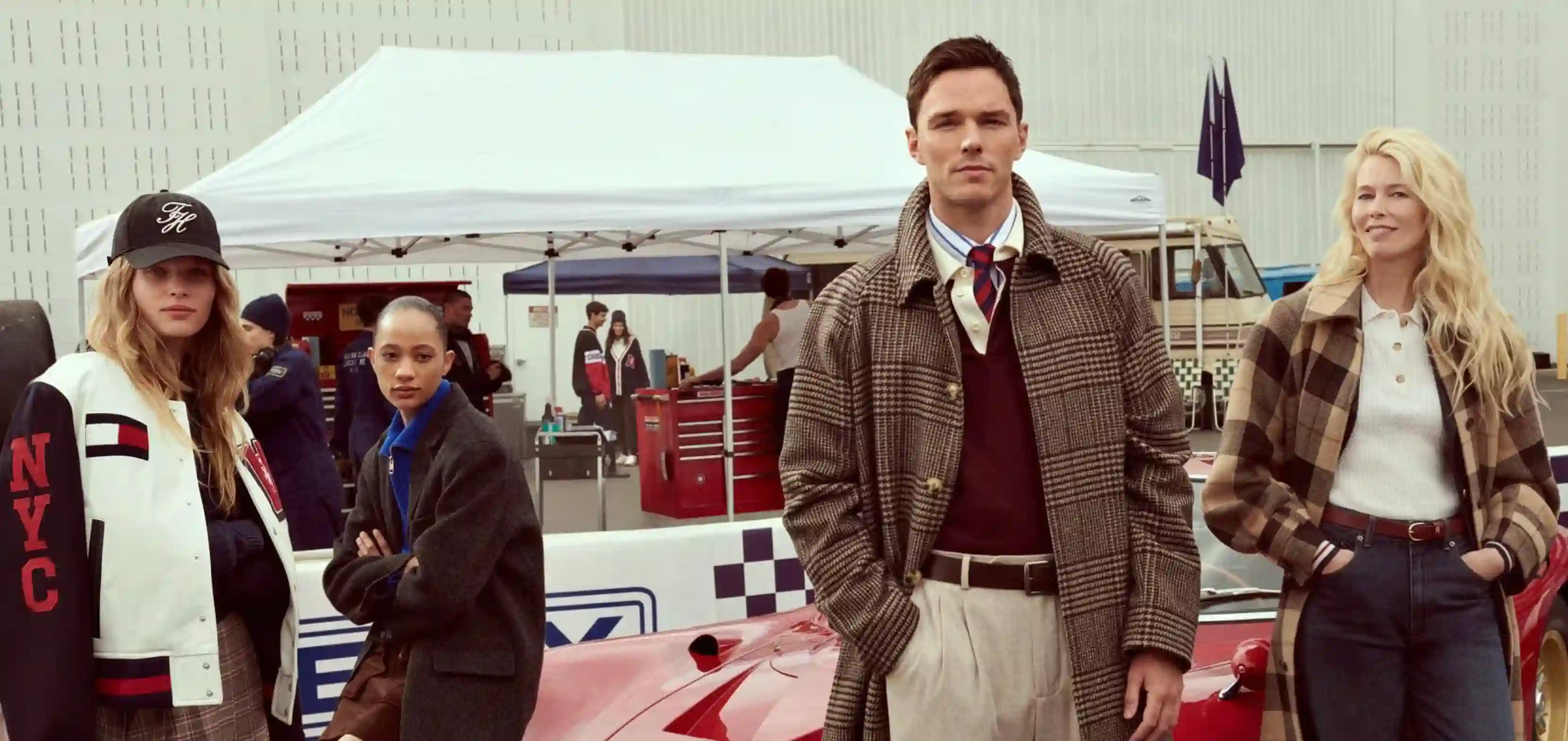The Most Expensive Commercials of All Time
Updated on
Published on
The most expensive commercials in history share two traits: cinematic ambition and event-scale distribution. Some poured eight-figure budgets into shoots that looked like feature films; others spent tens of millions just to reach a Super Bowl audience for 90–130 seconds. Below is a clear, source-linked rundown of the most expensive commercials of all time—including what they cost to produce or to air, and why they’re still discussed as the most valuable commercials in modern advertising.
This breakdown is written from the lens of the brand, creative, and performance work we do at Brand Vision, and it’s designed to help founders and marketers turn the patterns behind the most expensive commercials of all time into choices they can actually use, from creative direction to media strategy and the moments that make people remember an ad in 2026.
At a glance
- Chanel’s No. 5: The Film remains the most expensive television commercial ever produced at $33 million (Guinness World Records).
- Guinness’ Tipping Point was a record $20 million production—shot in an Argentine mountain village (Wired).
- Amazon’s Alexa “Mind Reader” is the priciest Super Bowl airtime on record at $26 million for a 130-second slot (Good Housekeeping).
- Chrysler’s “Imported from Detroit” Super Bowl epic cost $12.4 million to air its 2-minute cut (ESPN).
Chanel No. 5 — “The Film” (2004) — $33 million production
If you’re ranking the most expensive commercials of all time, Chanel’s three-minute Baz Luhrmann “mini-movie” starring Nicole Kidman still sits at the summit. With a reported $33 million production budget, the brand essentially financed a short feature: couture wardrobe, city-scale sets, theatrical-grade crews, and edits for both cinemas and TV. It’s regularly cited as the pinnacle among the most expensive commercials in history, not only for its spend but for how it reframed luxury advertising as artful filmmaking. (Guinness World Records)
- Why it’s so costly: A-list director and talent, feature-film crews, and theatrical rollout.
- Value signal: Set the template for luxury “brand films,” often cited among the most valuable commercials in fashion.
Guinness — “Tipping Point” (2007) — $20 million production
Guinness built a real-world domino rally through Iruya, Argentina—thousands of objects from books and tires to flaming hay bales culminating in a giant pint. The logistics, practical effects, and remote location reportedly drove the production to $20 million, making it one of the most expensive commercials in history on craftsmanship alone. In the canon of the most expensive commercials of all time, “Tipping Point” stands out because nearly every second is physical, not CG, which is also why creatives still reference it as one of the most valuable commercials for earned PR and long-tail fame. (Wired)
- Why it’s so costly: Complex practical effects, remote location, and hundreds of participants.
- Value signal: A global PR moment for craft and scale—frequently cited in “most expensive commercials in history” lists.
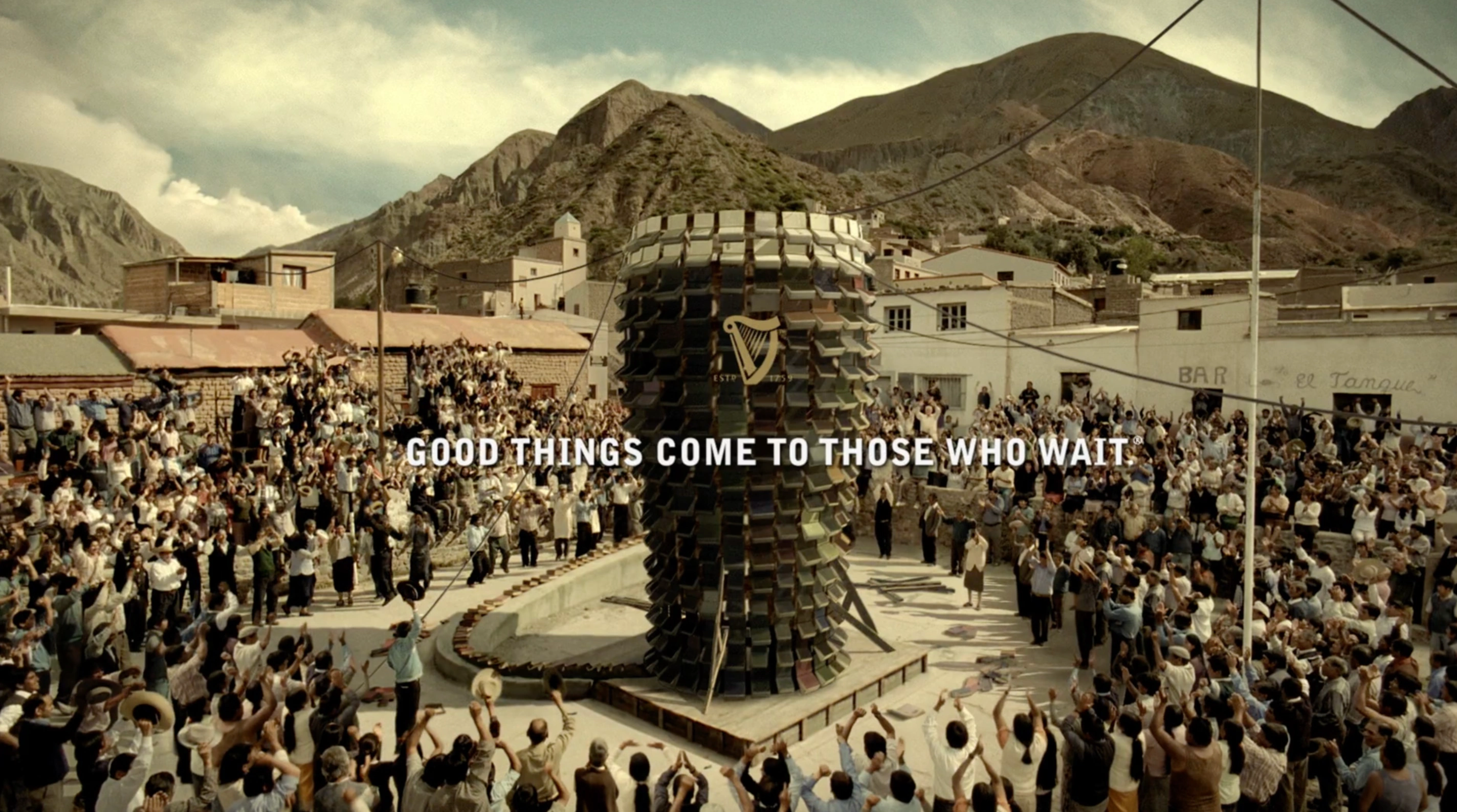
Amazon Alexa — “Mind Reader” (Super Bowl 2022) — $26 million airtime
For sheer media cost, Amazon’s 130-second Super Bowl spot starring Scarlett Johansson and Colin Jost is a modern benchmark. The airtime alone cost $26 million, placing it firmly among the most expensive commercials of all time based on distribution rather than production scale. That price tag reflects what makes Super Bowl placements the most valuable commercials from a reach standpoint: concentrated national attention, premium CPMs, and cultural conversation that extends far beyond game night—one reason this buy regularly headlines lists of the most expensive commercials in history. (Good Housekeeping)
- Why it’s so costly: A 130-second cut during the Super Bowl at peak rates.
- Value signal: Super Bowl reach plus celebrity pairings—an archetype for the most valuable commercials built on distribution.
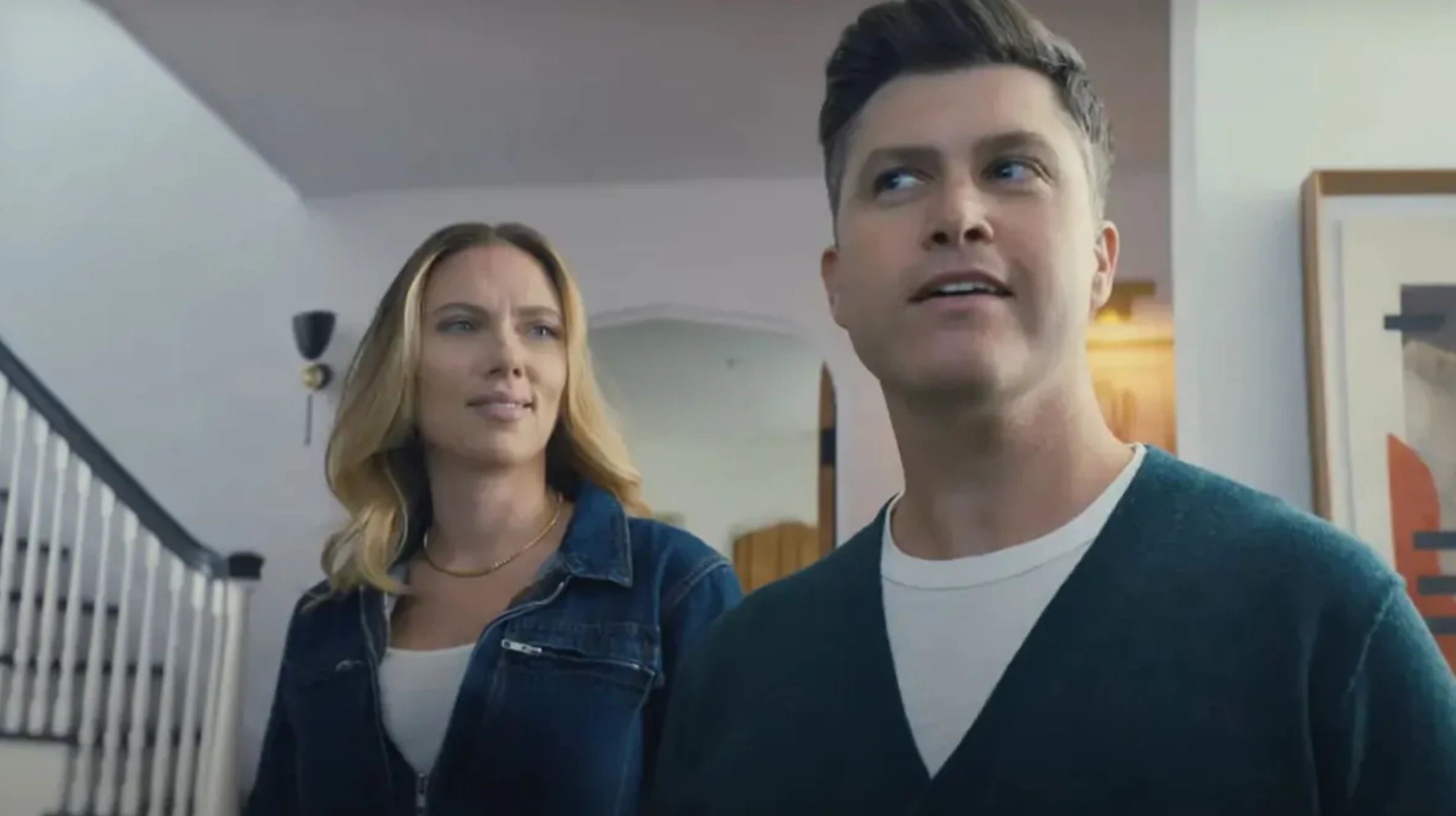
Chrysler — “Imported from Detroit / Born of Fire” (Super Bowl 2011) — $12.4 million airtime
Chrysler’s two-minute Eminem anthem reintroduced both a brand and a city on advertising’s biggest stage. Booking that rare 120-second block cost $12.4 million in airtime, pushing the effort into any credible roundup of the most expensive commercials of all time. What makes it one of the most valuable commercials isn’t just the price; it’s the lasting cultural imprint—proof that long-form storytelling can justify elite media rates and still belong among the most expensive commercials in history for impact as well as cost. (Source: ESPN)
- Why it’s so costly: A rare two-minute Super Bowl slot anchored by an A-list artist.
- Value signal: Became a cultural reference point for long-form Super Bowl storytelling.
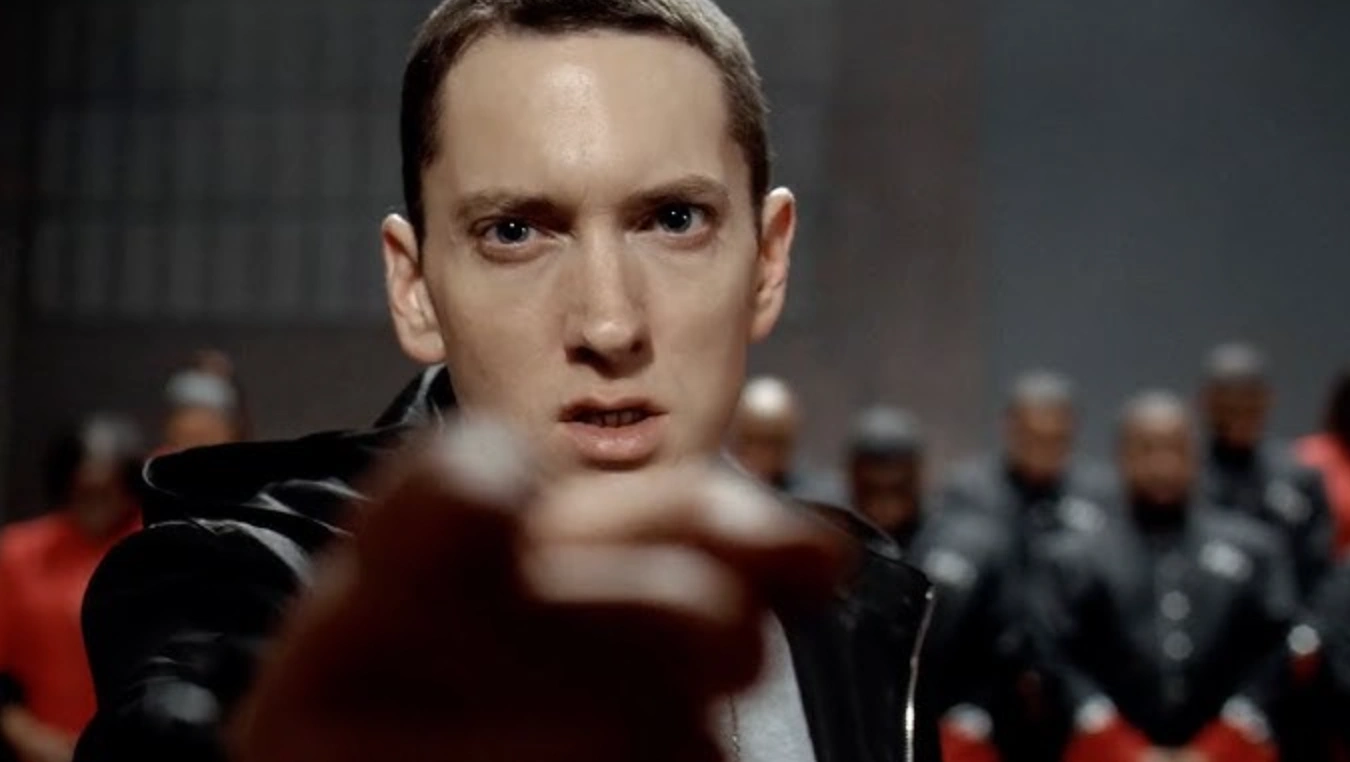
Apple — “1984” (Super Bowl 1984) — ≈ $900k production + >$1M airtime
Ridley Scott’s dystopian “1984” launched the Macintosh and rewired expectations for Super Bowl advertising. Reports peg production around $900,000 with airtime exceeding $1 million—astronomical in 1984 dollars—cementing its status among the most expensive commercials in history for the era. More importantly, it’s routinely crowned one of the most valuable commercials ever made because the brand halo and historical significance have outlived the spend. (Mental Floss)
- Why it’s so costly: High-concept cinema production and then-record media rates.
- Value signal: Often labeled one of the most valuable commercials ever for long-term brand impact.
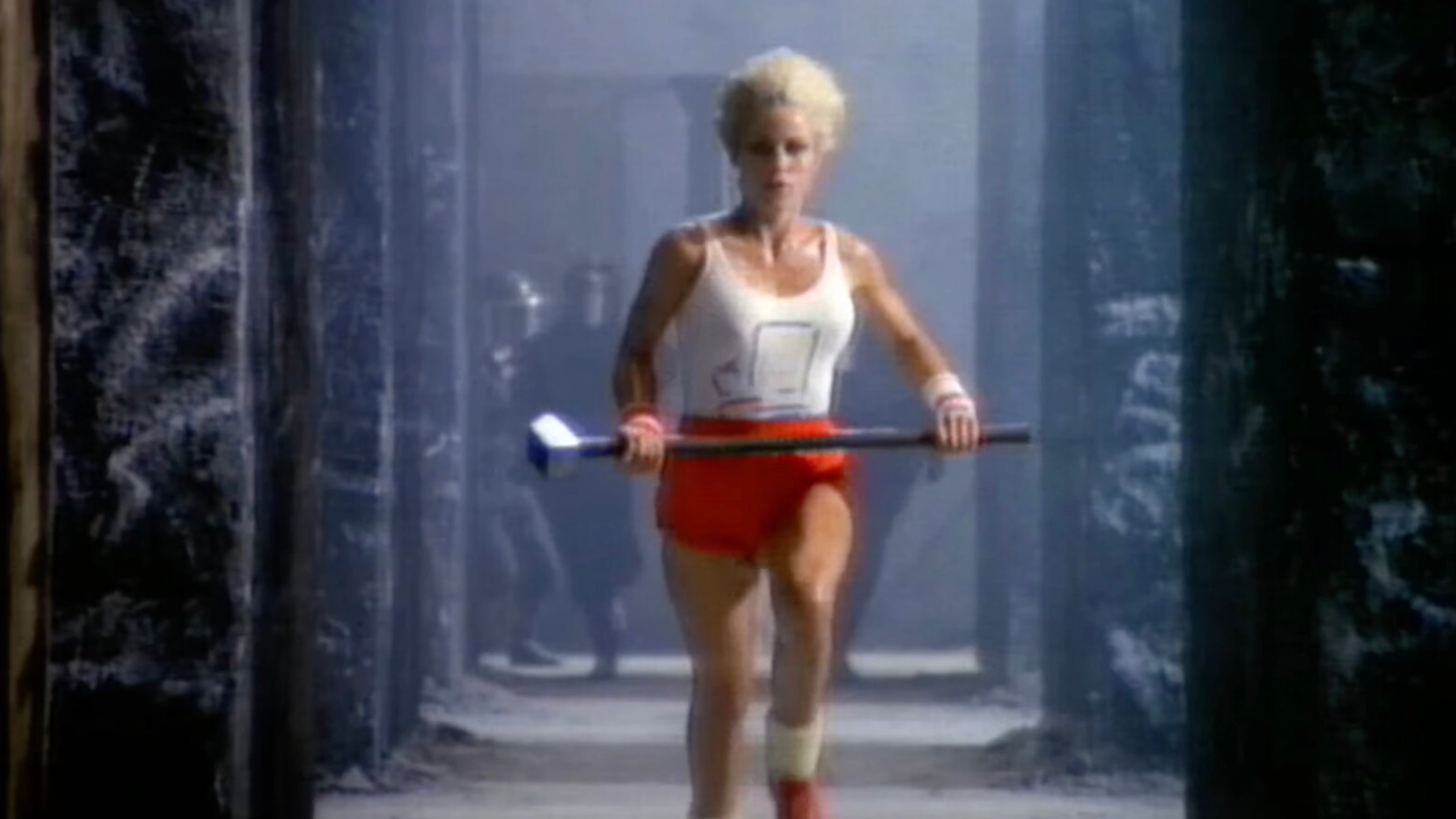
Honda — “Cog” (2003) — £1 million production (≈ $1.6M then)
“Cog” is the engineering legend that built a full two-minute Rube Goldberg chain reaction using only Accord parts—no CGI. The meticulous, months-long production cost £1 million (about $1.6M at the time), and the broader campaign reportedly ran several million more, placing it in the conversation for the most expensive commercials in history measured by craft per second. Even without Super Bowl placement, it’s frequently ranked among the most valuable commercials for effectiveness, memorability, and awards haul. (The Guardian)
- Why it’s so costly: Months of engineering, dozens of practical set-pieces, extensive post and precision.
- Value signal: A perennial case study in craft; widely taught and referenced.
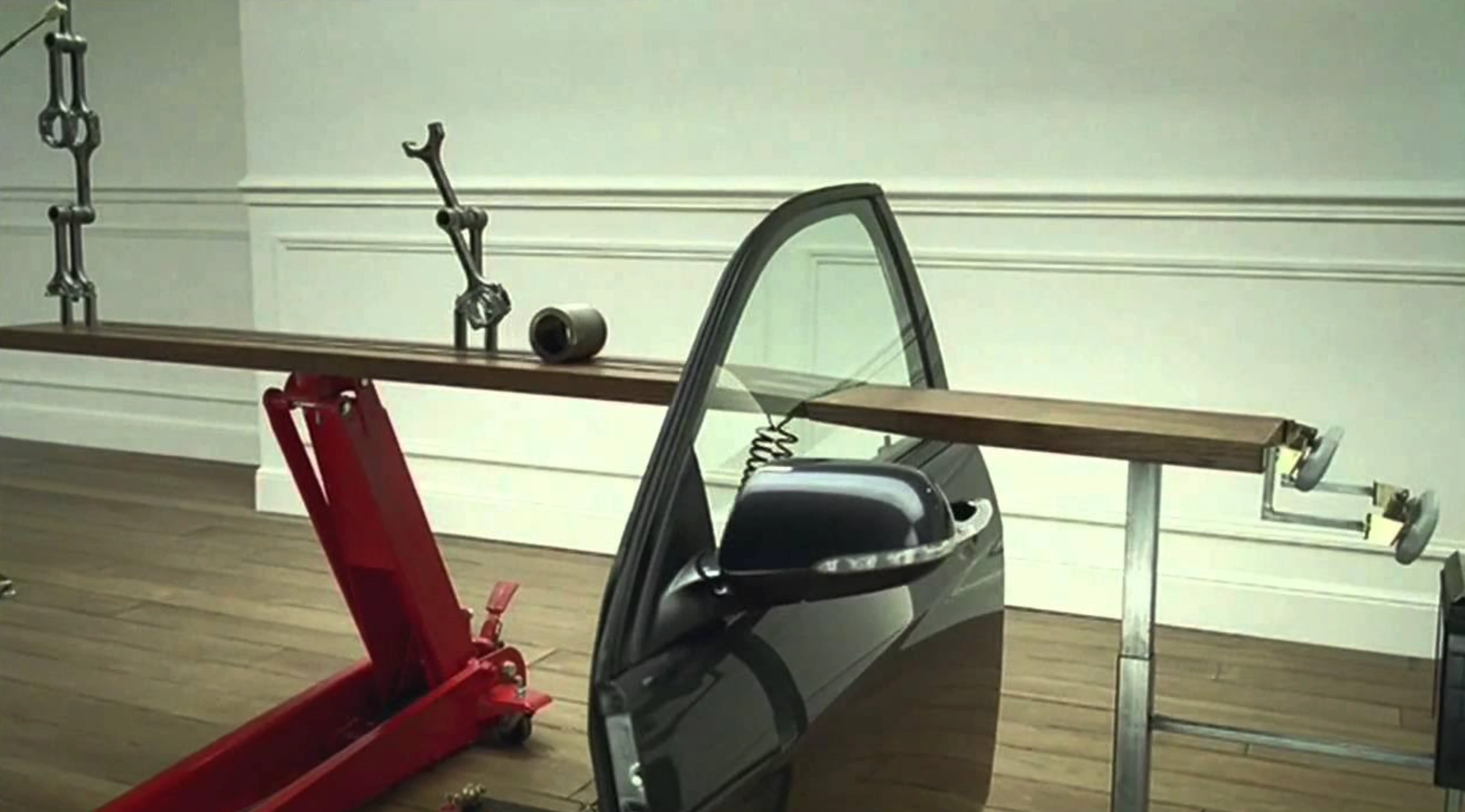
Google — “Loretta” (Super Bowl 2020) — ≈ $16.8 million production (reported)
“Loretta,” a 90-second Super Bowl tear-jerker about memory and Google Assistant, has been widely reported in big-game roundups with a production estimate of ~$16.8 million. While media prices also ran high that year, the cited figure for making the ad alone puts it in conversation with the most expensive commercials of all time on a craft basis. Its emotional punch, shareability, and awards chatter help explain why many marketers consider it one of the most valuable commercials of the past decade. (Source: People)
- Why it’s so costly: Top-tier creative and production for an extended cut, plus heavy finishing.
- Value signal: Proof that emotional storytelling can command both attention and budget at the Super Bowl scale.
FAQ
What counts as “most expensive”—production or airtime?
Both. Some entries are record production budgets (e.g., Chanel at $33M), others are record airtime buys (e.g., Amazon’s $26M Super Bowl slot). We label which cost is being cited.
Why not list every pricey Super Bowl ad?
Many big-game spots are expensive, but the most expensive commercials of all time are either cinematic outliers (huge production) or record buys (unusually long Super Bowl slots).
Which are the most valuable commercials—not just expensive?
“1984” and “Imported from Detroit” are repeatedly credited with outsized brand impact relative to cost, often topping “most valuable commercials” lists in industry histories.
What’s the current going rate for a Super Bowl :30?
For 2025, reported prices reached $8 million for a 30-second unit, underscoring why longer cuts hit historic totals.
How Business Owners Can Apply This In 2026
Big-budget ads get attention, but the real advantage is clarity. The most expensive commercials usually have one sharp idea, a simple emotional trigger, and a distribution moment that makes the spend feel “worth it.” If you’re not spending Super Bowl money, you can still borrow the same logic: commit to one core message, build a distinct look and feel, and make sure the ad is tied to a real business outcome, like leads, trial, foot traffic, or repeat purchases.
To apply this, start by tightening your positioning so every ad has a clear point of view, not just a product feature. If your brand story feels scattered, invest in a branding agency that defines what you stand for and what you will not say. Then translate that into a consistent visual identity so your ads look recognizable even when they’re short. Finally, make your conversion path frictionless, because expensive commercials work best when the landing page and user journey are just as considered as the film itself. That’s where a modern web design agency and a strong UI UX design agency can make smaller budgets perform like bigger ones. If you want a fast, practical starting point, a marketing consultation can help you map creative, channel mix, and measurement into a plan that fits your real constraints.
Commericals with the Largest Scale
Whether it’s Chanel’s $33M brand film, Guinness’ $20M practical epic, or Amazon’s $26M Super Bowl buy, the most expensive commercials in history show how price tags spike when feature-film production collides with event-scale media. That’s why these remain the most expensive commercials of all time on paper—and the most valuable commercials in the playbooks of marketers who study how creativity plus distribution can mint cultural moments.


